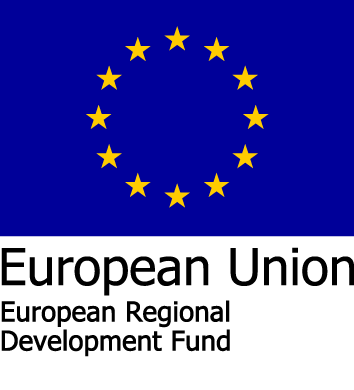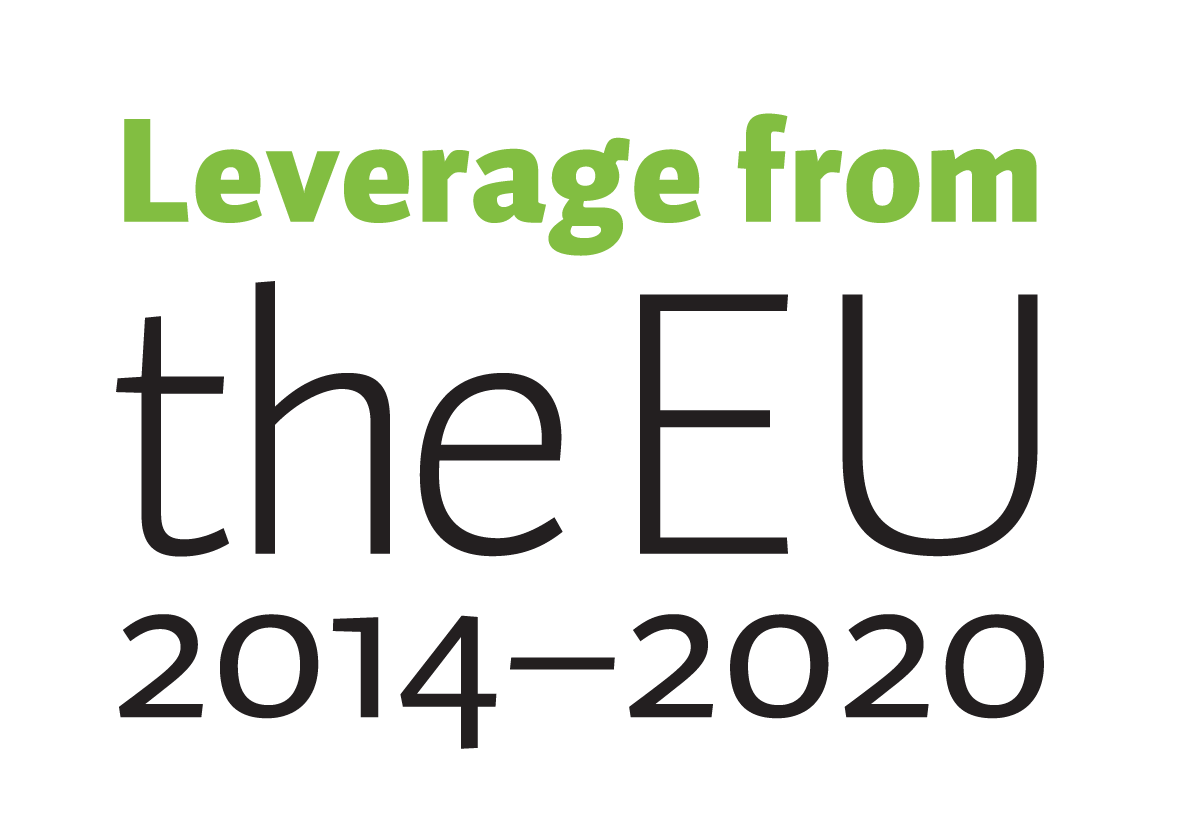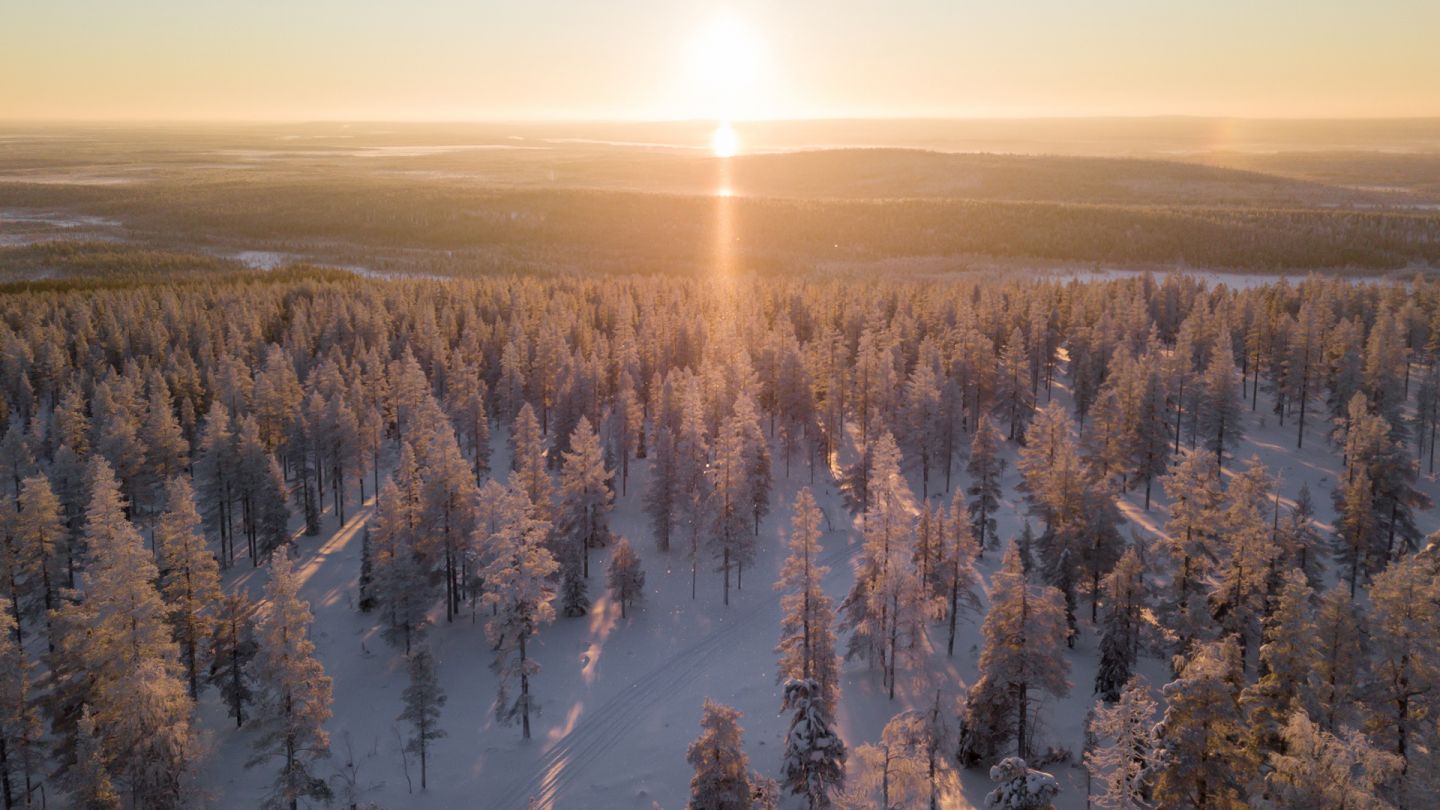Published 17.10.2019
The effect of Britain’s departure from the EU and Thomas Cook’s bankruptcy on Lapland’s tourism is stirring up debate, but Lapland’s strong market position and diverse international demand make tourism operators continue to trust in the growth of tourism.
According to Statistics Finland, three million overnight stays were registered in Lapland in 2018, indicating an increase of three percent compared to the previous year. More than half of the overnight stays were made by foreigners, and there was an increase of almost six percent from international markets. The number of British tourists increased by five percent compared to the previous year, and British tourists were also Lapland’s most important international tourism group at a percentage of 18 percent.
International tourism to Lapland has grown strongly for several years, particularly during the winter season. The percentage of overnight stays made by foreigners during the previous winter season was 62 percent, indicating an increase of more than 10 percent. The most overnight stays made by foreigners during the period between November and April were made by British tourists, at a rate of 22 percent.
Although the relative percentage of British tourists has decreased as other international markets have opened, the effect of Thomas Cook’s bankruptcy and Britain’s departure from the EU on Lapland’s tourism is stirring up debate.
What is Brexit?
On 23rd June 2016, a referendum was held in the UK on EU membership, and as a result Britain notified its intention to leave the EU on 29th March 2017. This was the start of the two-year period set out for withdrawal negotiations. The EU is ready to sign a withdrawal agreement with the British government, but the House of Commons of the United Kingdom voted down the withdrawal agreement earlier this year. In April, the EU state leaders decided to postpone Britain’s withdrawal date until the end of October. The withdrawal may take place earlier if the relevant parties are able to conclude an approved withdrawal agreement. The EU and its Member States have also prepared for the alternative that Britain will leave with no deal.
– It is difficult for economists to imagine that a no deal would take place – it would cause such significant welfare losses both in the short and long term, says Timo Vesala, Chief Economist at Municipality Finance.
Therefore, the situation will be confusing until the end of October.
– The British Parliament has required that if there is no withdrawal agreement, the Prime Minister should request for an extension. On the other hand, Prime Minister Boris Johnson does not have much enthusiasm to ask for an extension due to his political image. His intention is to implement Brexit by the end of October. The situation is now critical and constantly evolving. The British Parliament shall convene on Saturday 19th October to find out if Johnson has perhaps prepared a new draft agreement to present for approval.
However, legislation involves a lot of aspects, so Vesala is not prepared to assess whether or not the withdrawal agreement can technically be passed by the end of October. In his opinion, new elections are necessary in Britain regardless of the outcome.
– If Johnson were to create a new draft agreement before the elections and such a parliament was formed which would approve the amended agreement, depending on the granted extension, it could be approved no earlier than at the end of December, possibly between January and February. This would be the start of the transition period, which is when the actual nature of the future relationship between the EU and the UK would be agreed. In May’s draft agreement the transition period would have lasted until the end of 2020, but it would probably be continued, and no legislative changes would take place for a couple of years.
Lapland prepares for weakened British demand
If no extensions are requested or a withdrawal agreement is not concluded, the situation requires active operations from all parties. A no deal withdrawal would lead to Britain becoming a country outside the European Single Market and Customs Union. The free movement of goods, services, capital and people would cease.
– The immediate effects of a no deal on Lapland’s tourism would not be due to travelling being more difficult due to legislation, but because the purchasing power of tourists would wilt as a result of the weakened pound. Currency effects would occur immediately, but holidays are booked earlier, so the effects would perhaps not be visible in Lapland’s tourism until during the following season, Timo Vesala estimates.
The turnover of Lapland’s tourism industry has grown in all tourism sectors, but mainly in programme services. The weakened purchasing power of British tourists would probably initially be visible in the purchases of programme services, considers Ari Vuorentausta, Managing Director of Lapland Hotels.
– Programme services have been purchased in advance to some extent, but tourists don’t often purchase supplementary services until they have reached their destination. In terms of British tourists, the initial effects of Brexit would probably also be visible in restaurants and souvenir sales.
If the number of British tourists travelling to Lapland decreases, the demand is expected to be directed to other countries.
– The effects of Brexit obviously depend on how the EU withdrawal is implemented. In any case, we have prepared for the weakened British demand in the management of our quotas. Particularly during the second half of December, there is even excess demand in Lapland partly from other places than Britain, so the diverse international demand will supplement the situation.
Finavia’s Regional Manager of Lapland, Veli-Pekka Pitkänen, also has strong faith in the future.
– Apart from Thomas Cook, no significant negative changes are expected in Lapland’s air traffic, quite the contrary. During the winter season, Turkish Airlines will start operating flights between Istanbul and Rovaniemi, which offers us astonishing future prospects despite Turkey’s situation being what it is. A new easyJet connection between Manchester and Rovaniemi shall also be established, which will operate two times per week from the end of November until Epiphany.
In terms of charter flights, the situation at Lapland’s airports remains consistent compared with the same time last year.
– The last bookings for December are never made until the end of November but keeping Brexit in mind we have a positive outlook on the upcoming season. Proof of this is indicated by our major 55 million-euro investment programme, which we are now concluding, says Pitkänen.
Germany – the European markets’ weakest link
After the British tourists, the most overnight stays made by foreigners that were registered in Lapland during 2018 were made by Germans (11%), French (10%), Dutch (6%) and Norwegians (4%). Municipality Finance’s Chief Economist, Timo Vesala, considers Germany to be Lapland’s weakest link in terms of key European markets.
– Due to trade disputes, the slowing down of trends in Europe is particularly visible in Germany, which has its own domestic problems in the automotive industry. The country’s industrial sector is already reverting, and it is possible that the entire economy will fall into negative figures within a year.
According to Vesala, this may also reflect on tourism, but for now there are no visible changes in the booking situation.
– A lot of business tourists in the automotive industry come to Lapland from Germany, and there would even be prerequisites for growth in the leisure tourists’ sector, Ari Vuorentausta comments. – On the other hand, Germany is a market with a lot of competition. They have vast amounts of their own connections and we lack tour operators from Germany, for which Lapland would be a strategic product. Growth would require a lot of work.
Growth expectations with faraway countries
According to Vesala, the trade war between the United States and China does not have much effect on Chinese tourism.
– China is undergoing long-term structural change. The country is not likely to return to such growth figures that stood prior to the financial crisis. The pace of growth is slower now, but in terms of quality the change supports the society’s gentrification which is more likely to increase the opportunities for more people to travel abroad.
During the winter of 2018, approximately five percent of the overnight stays registered in Lapland that were made by foreigners were made by Chinese tourists. According to Vuorentausta, no radical changes in either direction are anticipated.
– There seem to be just as many Chinese bookings as last year, but there are other strong markets in Asia, such as Singapore, Taiwan and Hong Kong SAR. Japan has also traditionally been a strong market for Lapland.
In Vuorentausta’s opinion, growth could be sought from e.g. USA.
– There are already good connections and tourism from USA to Helsinki, so there would be growth prerequisites to Lapland too.
Competition with Sweden perks up
Timo Vesala encourages tourism operators to take a look to the west.
– Growth in Sweden has slowed down rather significantly and according to recent statistics unemployment rates have even increased, which was a rather negative surprise, comments Vesala.
The weakened Swedish krona in comparison to the euro may strengthen the attractiveness of Sweden as a holiday destination.
– The krona has continued to weaken this year. In Central Europe, the Swedish Lapland may now seem to be a more affordable holiday destination than the Finnish Lapland and may therefore weaken our relative competitiveness.
However, Managing Director of Lapland Hotels, Ari Vuorentausta, has faith in the Finnish Lapland’s competitiveness.
– We cannot afford to be arrogant. We must recognise and accept Sweden’s competitiveness, but we also have certain market position secureness. Our strength is infrastructure, which in many ways is at a different level than in Sweden. In terms of services and familiarity, the Finnish Lapland has a strong market position.
The Prime Minister’s Office Finland website has collected examples of changes, which companies, as well as British and Finnish citizens, would face if Britain were to withdraw from the EU with no deal.
Further industry and product-specific information is available, for example, on the European Commission’s and the British government’s websites.



